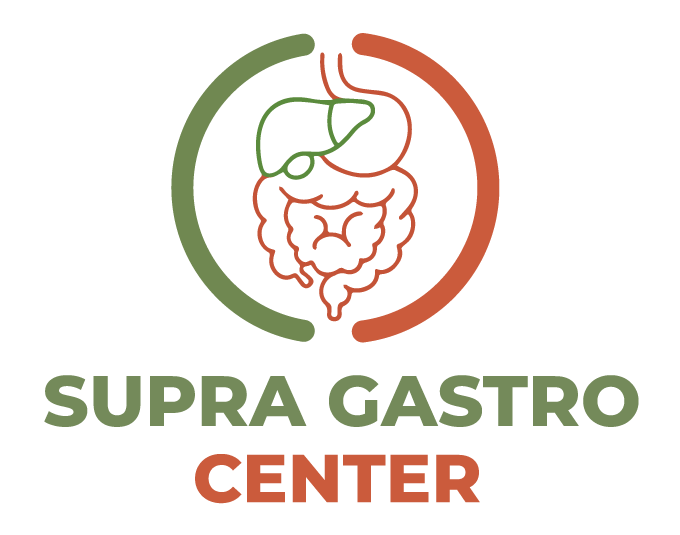Anal fissures are classified as acute or chronic, based on symptom duration. They cause pain, bleeding, and discomfort during bowel movements, requiring medical evaluation and treatment
-
Working Hours: 05.00PM - 09.00PM
-
Email : contactsupraclinic@gmail.comEmail : contactsupraclinic@gmail.com
-
Phone Number : +91 9347665652Phone Number : +91 9347665652

